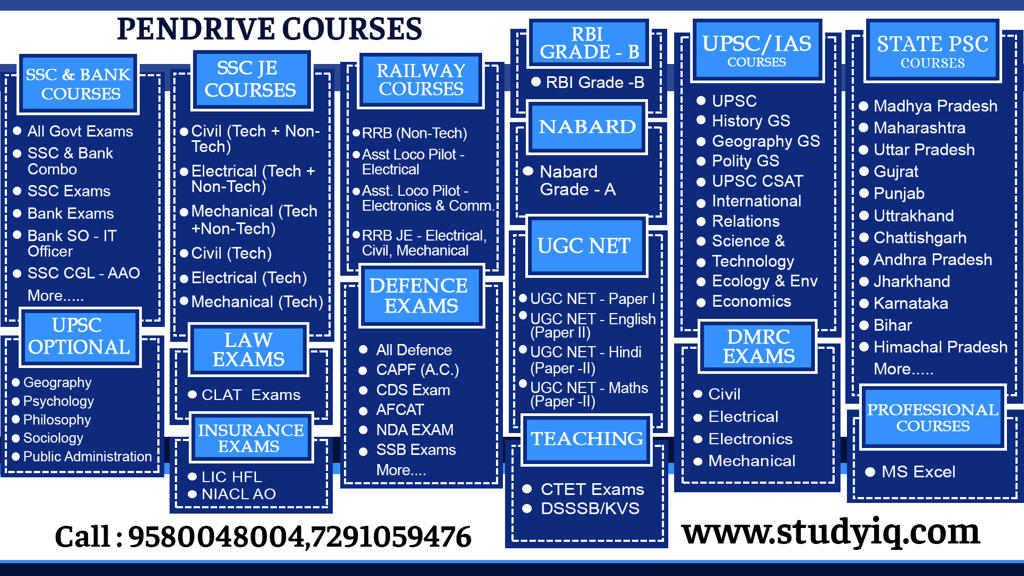Table of Contents
Importance of Article 15
- The Article 15 comes under Part III in the Constitution of India, which deals with the fundamental rights of the citizens of India. It also states that the state shall not discriminate against any citizen on grounds only of caste, religion, sex, race and place of birth. The use of world only means that discrimination on other grounds is not prohibited.
Provisions of article 15
- The Article 15 states that the state shall not discriminate against any citizen on grounds only of race, religion, caste, sex and place of birth.
- The second provision of the article 15 says that no citizen shall be subjected to any disability, liability,, restriction or condition on grounds of any religion, caste, race, sex, place of birth.
Three exceptions
- The state is permitted to make any special provisions to women and children.
- The state is free to make special arrangements for socially and economically backward peoples or for Schedule Castes and Schedule Tribes.
- State can make special provisions for the betterment of the socially and economically backward sections of the society or for the SCs and STs.
Article 14, 15 and 16 are interrelated
- Articles 14, 15 and 16 form part of a scheme of the Constitutional Right to Equality. Article 15 and 16 are incidents of guarantees of Equality, and give effect to Article 14.
Governmen t schemes
- Scheduled Caste and Scheduled Tribes (Prevention of Atrocities) Act, 1989
- Hindu Succession Act, 1956
- Caste Disabilities Removal Act, 1850
- Maternity Benefits Act, 1961;
- Sexual Harassment of Women at Workplace (Prevention, Prohibition and Redressal) Act, 2013
- Rights of Persons with Disabilities Act, 2016;
- Mental Healthcare Act, 2017 etc.
Punishments of being charged for Article 15
- Failure to comply with the provisions of the Act can make a company, a person, and a section of society or a group of people liable for punishment.
- Courts may also further strike down certain notions or practices which the society may follow towards certain categories of people.
Government initiatives to educate
- On November 25, 2016, Prime Minister Narendra Modi spoke about the need for school and college students to read aloud the preamble of the constitution to understand its real-life importance
- A 10-month long programme will be introduced in all the Delhi school
- Kumar also informed that, ‘Common Minimum Programme for Value Education’ for implementation across India’s entire schooling system, in the 2019-20 academic session.
- Instance of a school in Bangalore teaching Constitution
- This issue of teaching Constitution gathered momentum in 2015
- Subjects like Legal education as well as Civics have also been a part of the educational curriculum






















 WhatsApp
WhatsApp